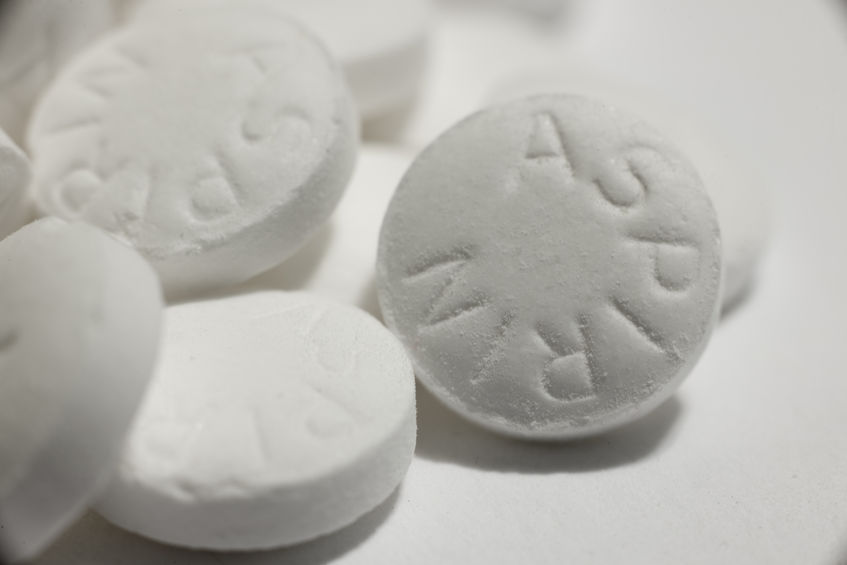Should You Be Taking Daily Aspirin?
By: Chelsea Slyker, PharmD, MPH
It has long been thought that taking low dose aspirin every day is important for heart health and preventing heart attacks, but new research may suggest otherwise. The American College of Cardiology (ACC) and American Heart Association (AHA) released new guidelines this year on the primary prevention of heart disease that has a few updates.
Primary prevention means preventing a disease before it starts, while secondary prevention is aimed more towards detecting a disease early and slowing or stopping the progression. The new guideline updates apply to those seeking primary prevention of heart disease and not those who have previously been diagnosed.
Heart disease is a broad term that describes conditions that occur when plaque builds up in your arteries.
- This includes high blood pressure, heart attack, stroke, heart failure, and a number of other common conditions.
- Heart disease is currently the top cause of death in the US among both men and women, and prevention is the best way to combat it.

Daily Aspirin
Aspirin can be used to prevent heart attacks and strokes because of its blood thinning properties.
This can prevent blood clots that could lead to serious complications depending on where in your body they travel. While it was previously thought that widespread aspirin use in older adults provided more benefit than harm, new studies are showing that is no longer the case.
Many adults start taking aspirin without consulting their doctor. For those who are at risk of bleeding, this can result in serious side effects including internal bleeding. Because of this risk, the ACC and AHA no longer widely recommend aspirin use for those who do not have heart disease. Those who have experienced heart attack, stroke, or other cardiovascular events should continue taking aspirin as recommended by their provider. It is always best to talk to your provider before starting or stopping medications.
Other ways to prevent heart disease include quitting smoking, watching your cholesterol levels, adopting a healthy diet, and engaging in regular physical activity.
For more specific recommendations, or to view the newest guidelines, please visit: www.heart.org











